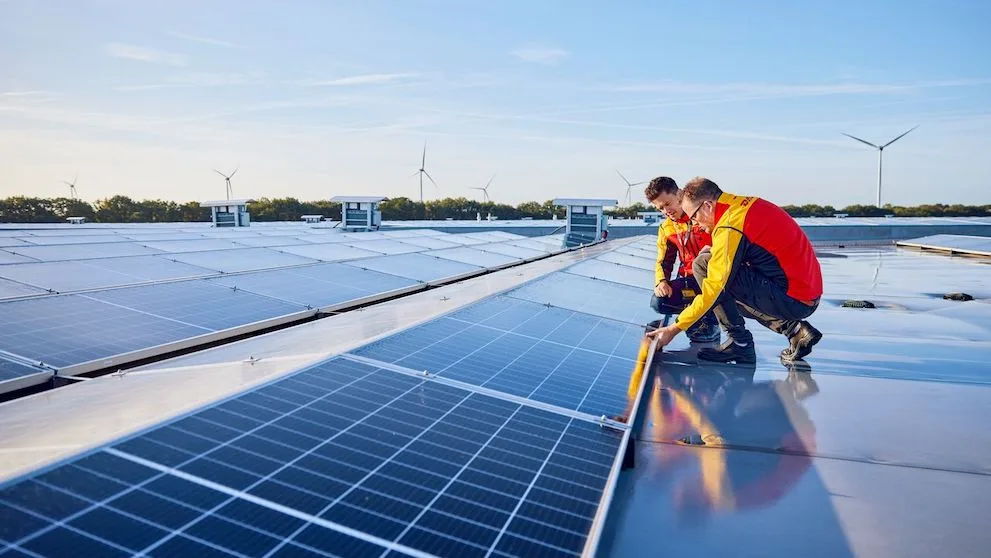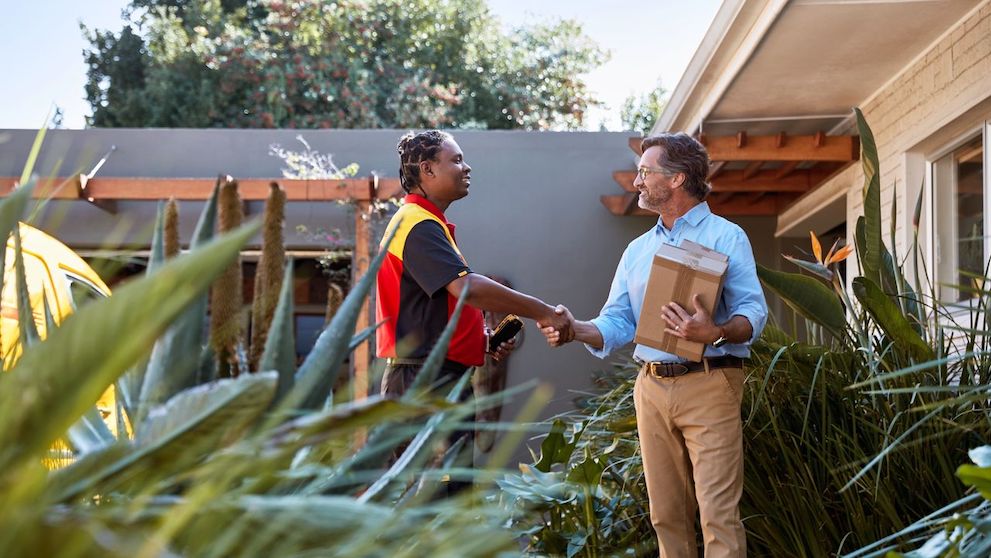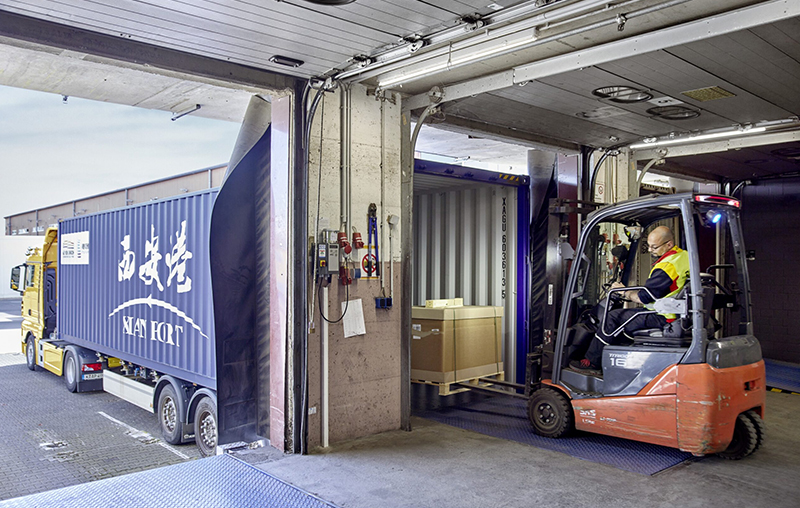Sustainable business practices are a priority for Australian consumers, business leaders and governments. This focus is shaping consumer purchasing behaviour, the cost of renewable energy, and the technology being adopted by various industries. Here’s a list of top social and environmental sustainability trends to watch out for.
Australians have seen climate change's effects more recently than in previous decades. Extreme weather, such as a greater frequency of bushfires and coral bleaching in the Great Barrier Reef, has made local businesses more sensitive towards how their actions impact the environment.
Today, regulatory changes and evolving consumer expectations towards eco-conscious practices are driving a significant shift in the business landscape across all industries and sectors. A 2023 TEADS study found that 75% of Australian consumers wanted companies to actively demonstrate their commitment to sustainability. Hence, businesses worldwide are under pressure to make profits without harming the environment. However, sustainability is not achieved at the expense of profits; it is, in fact, vital to be able to appeal to today's consumers.
Businesses that fail to adapt to the changes risk not only financial losses due to decreased market share and potential fines but also reputational damage as consumers increasingly favour environmentally responsible brands. This shift in consumer preference can lead to losing brand loyalty and trust, hindering long-term growth and success.
What are the recent trends relating to sustainability worldwide? Here’s a breakdown of the emerging corporate social responsibility and environmental sustainability trends that are poised to reshape business landscapes and consumer expectations:
1. Consumers prioritising environmental sustainability
The Australian consumer market is more conscious about the products they buy, how they are sourced and the carbon footprint of their delivery journeys. A 2022 survey by Statista revealed a strong preference for sustainability among Australian consumers, with over 38% stating they consistently factor in environmental impact when making purchases. Furthermore, a mere 5% indicated a complete disregard for sustainability in their shopping habits.
Additionally, a 2023 study by Kantar reveals that nearly a quarter of Australian households are prioritising sustainability in their purchasing choices, demonstrating a significant shift towards eco-conscious consumerism. This trend is projected to grow further, with an estimated 27% of households across 35 markets globally expected to actively make sustainable buying decisions by 2028.
This means that businesses can no longer ignore sustainability issues when making key business decisions. This applies to the full product cycle from logistics decisions, like the third-party delivery company they engage, or branding ones, such as product packaging. By also ensuring that the supply chain partners they work with, such as raw material suppliers or retailers, also adopt sustainable practices — companies encourage and advocate for responsible business models.
2. Sustainability reporting: a new era of transparency and accountability
With a growing focus on environmental consciousness, sustainability reporting is one of the biggest business sustainability trends. As "greenwashing" and "greenhushing" — misleading environmental claims and concealing negative impacts — become increasingly prevalent, genuine transparency is vital to building trust with both investors and consumers.
A 2023 study showed that 25% of Australians felt they had witnessed companies making insincere sustainability claims, emphasising the growing demand for authentic corporate responsibility. Therefore, in this new era, sustainability reporting serves not only as a compliance tool but also as a powerful demonstration of a company's commitment to a better future.
While mandatory sustainability reporting is not yet enforced in Australia, the trend toward increased transparency is clear. It is likely that similar regulations may be implemented in the future, and businesses should take proactive steps to prepare. This preparation includes establishing robust data collection and reporting systems, aligning operations with ESG (Environmental, Social, and Governance) principles, and actively seeking certifications or accreditations that validate their sustainability efforts.
3. Business leaders will continue to focus on ESG principles
According to PwC Australia's 2023 ESG trends report, companies demonstrating leadership in ESG practices are reaping significant benefits. These companies not only command higher prices in sales and mergers but also become attractive magnets for investment and financing. Similarly, the latest reports by Bloomberg indicate that a majority of investors (85%) believe that incorporating ESG factors into their investment decisions leads to better returns, more resilient portfolios, and enhanced fundamental analysis.
Additionally, this growing confidence in ESG's financial viability is reflected in the prediction that global ESG assets are set to hit a staggering $40 trillion by 2030. Therefore, corporations can no longer be only profit-driven but have to strive to be vehicles of change.
4. Climate Litigation: The rising risk for Australian businesses
Climate-related lawsuits against companies are on the rise globally, and Australia is no exception. These legal actions often target corporations for alleged greenwashing (misleading environmental claims) or failure to adequately mitigate climate risks. Such litigation can lead to significant financial implications, including legal fees, damages, and reputational harm.
PwC Australia’s 2023 ESG report underlines the increasing scrutiny from consumers, investors, employees, and regulators regarding false or misleading ESG claims. To mitigate these risks, businesses should prioritise transparent disclosure of climate-related information and implement robust sustainability strategies that align with evolving regulatory and societal expectations.
5. Sustainable finance: A growing force in the Australian market
Sustainable finance is rapidly gaining momentum in Australia, reflecting the growing importance of environmental trends in business. It offers businesses opportunities to access capital while demonstrating their environmental and social responsibility commitment. This includes a burgeoning market for green bonds, sustainability-linked loans, and ESG-focused investment funds.
Currently, the Australian government is actively promoting sustainable finance through various initiatives, including the development of a sustainable finance taxonomy and the establishment of a Sustainable Finance Technical Expert Group. This means businesses that integrate sustainable strategies into their financial decision-making can tap into this growing pool of capital, attract environmentally conscious investors, and enhance their long-term financial resilience.

6. Increased adoption of renewable energy helps reduce costs
The world is on a path to wean itself off fossil fuels. According to the International Energy Agency, the world added 50% more renewable capacity in 2023 than in 2022. And the next five years are poised for even faster growth, with global renewable power capacity projected to reach an impressive 7,300 GW by 2028. This availability of clean, renewable energy — like hydropower, wind and solar plants — has driven down the costs of this power-generation method. Additionally, with more players entering the market and increased competition, prices of renewables are set to decrease further, lending it an economical sustainability solution.
Australia's energy strategy is undergoing a monumental shift in 2024 with its "Renewable Energy Policies." These policies are not just about promoting renewable energy sources but also about integrating them into the national grid efficiently and effectively. Key initiatives include developing solar, wind and hydroelectric energy capabilities to accelerate the transition to renewable energy for individuals and businesses. The policies also include incentives and subsidies to promote sustainable business strategies and address sustainability issues related to conducting business in Australia.
7. Clean tech innovation: powering Australia's sustainable future
Technological advancements are also driving the sustainability movement. Innovative solutions like AI-powered energy management systems, renewable energy microgrids, and sustainable supply chain platforms empower businesses to reduce emissions, improve efficiency, and achieve sustainability goals.
Locally, the Australian government's new $500 million Powering Australia Technology Fund further accelerates this progress, supporting businesses in developing and deploying cutting-edge technologies that address key areas such as land management, transport, and energy systems.
Carbon offsetting is another key development. This is where people or businesses invest in activity to balance out their carbon footprint. This could include a simple activity, like tree planting, or a more complex system of emissions trading, where companies have to buy permits to be allowed to lawfully emit pollutants.
For import and export businesses interested in carbon offsetting and sustainable shipping, DHL Express’ GoGreen Climate Neutral initiative offers a range of green products that help you do your part to minimise your carbon footprint as a business. One such green programme allows you to offset your logistics emissions by investing in internationally recognised climate protection projects to provide carbon-neutral shipping.
Prioritising environmental sustainability with DHL Express
Global efforts to combat climate change and social injustice are gaining traction and sit at the top of the list of priorities. If you want to explore more sustainable operational strategies to ensure your business is aligned with these evolving sustainability trends, consider partnering with a global logistics provider with sustainable practices and initiatives like DHL Express Australia.
DHL Express is committed to making every aspect of its business sustainable and has a sustainability strategy to create a lasting positive impact. Open a DHL Express account today to ensure your shipping is carbon-neutral.























